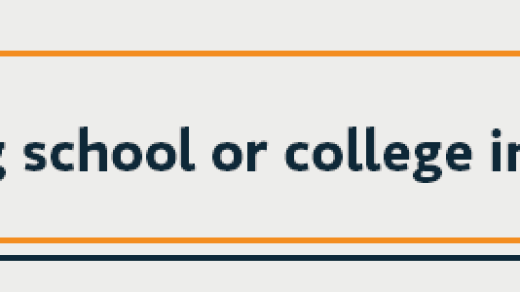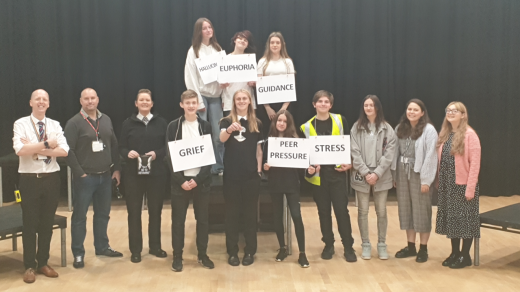Levels of cleanliness and hygiene in educational locations is a concern, according to new study

A new survey has revealed that confidence is low when it comes to the levels of cleanliness and hygiene in educational locations.
Following the implementation of the second Coronavirus lockdown in England, there has been a renewed focus on health and hygiene in education establishments.
A survey about how COVID-19 has affected perceptions of cleanliness and hygiene in the education sector, conducted by Harris Interactive on behalf of Kimberly-Clark Professional™ during the first lockdown, revealed that only 31% were comfortable about sending children back to school and 86% would avoid an education facility if they did not think it was COVID-secure1.
The survey also found that only 28% of respondents felt confident about the levels of cleanliness and hygiene in educational locations – such as hand washing, wiping and sanitising.
In addition, an overwhelming majority – 82% – believe toilet facilities are the most important area requiring improvements in hygiene1.
Olena Neznal, vice president of Kimberly-Clark Professional™ EMEA, said: “The education sector faces its own unique set of challenges in maintaining the highest possible standards of hygiene and cleanliness, which now more than ever is strongly focused on hand hygiene.
“Fear and uncertainty has put education establishments under pressure yet again to balance the responsibilities of keeping staff and students safe and staying up to date with hygiene protocols, whilst maintaining teaching standards.”
According to the research, more than two-thirds (69%) perceived going to a school or nursery as high to moderate risk, while 72% perceived going to a college/university as high to moderate risk.
Other key findings showed a significant number of respondents believed modern technology could play an important part in improving education sector washrooms. The most desired addition would be touchless taps according to 61% of respondents, while 54% would most like to see the introduction of touchless automatic doors1.
Neznal continued: “Good hand hygiene practices remain crucial as the primary way of reducing the spread of germs and viruses. Teaching the correct method of hand washing and drying in nurseries and schools is crucial to reducing the spread of germ transmission and an invaluable habit for children to learn for the rest of their life.”
Kimberly-Clark Professional™ has introduced the 360˚ Hygiene & Protection programme to restore confidence in staff and students.
Kimberly-Clark Professional™ offers specific education facility support through considering need areas, and tools to assess your facility and identify germ hotspots.
The next step is implementing cleaning and disinfecting protocols and introducing the correct hand hygiene and surface wiping solutions. Single use paper hand towels are the most hygienic option for hand drying according to the World Health Organization2.
Finally, Kimberly-Clark Professional™ promotes hygienic workplace practices by providing communication tools to help create awareness amongst employees and students – with colourful and engaging Hand Wash Heroes Posters for primary school children – which is a vital and important part of embedding new protocols and ensuring people feel safe in schools.
A free, no obligation Virtual Hygiene Walk – which can be booked through the microsite https://home.kcprofessional.com/UK_PR_TTNS_0920.
An in-depth guide for the education industry has also been produced to show the most appropriate products and solutions: https://home.kcprofessional.com/UK_PR_Edu_1120
Sources:
- How has COVID-19 affected perceptions of cleanliness and hygiene? Harris Interactive on behalf of Kimberly-Clark; July 2020. UK n=1,097
- World Health Organization, Global Hand Washing Guidelines
Sponsored content




